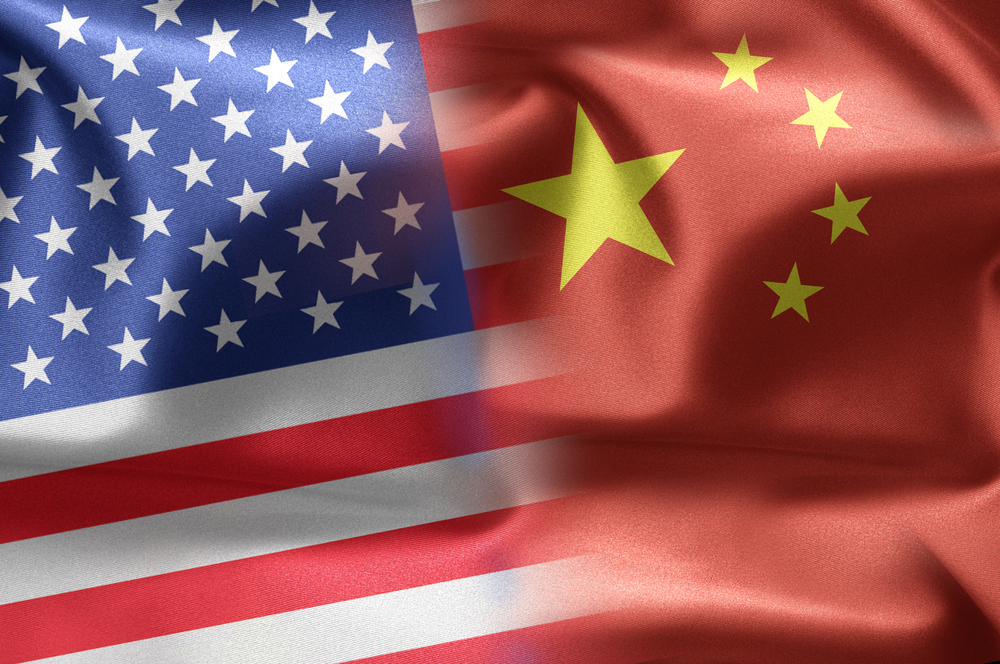
BEIJING — China called on Washington on Tuesday to cancel a planned meeting at the United Nations to discuss accusations of repression and mass detentions in its Muslim northwestern region of Xinjiang.
The foreign ministry accused the Trump administration of slandering China and interfering in its affairs.
A deputy U.S. secretary of state, John Sullivan, is scheduled to lead a panel discussion on the “human rights crisis in Xinjiang” during this week’s U.N. General Assembly meeting.
The United States, human rights groups and independent analysts say about 1 million of the 12 million members of Muslim ethnic minority groups in Xinjiang have been detained in internment camps. The Communist Beijing government says those are vocational training centres.
“We urge the United States to cancel the relevant meeting, stop making irresponsible remarks on the Xinjiang issue and stop interfering in the internal affairs of China in the name of human rights,” a foreign ministry spokesman, Geng Shuang, said at a daily news briefing.
On Monday, President Donald Trump said at a meeting on religious freedom held during the U.N. session that it was an “urgent moral duty” for world leaders to stop crimes against faith.
On Sunday, U.S. Secretary of State Mike Pompeo accused Beijing of trying to erase Muslim cultures. He called on Central Asian governments to reject Chinese demands to send home ethnic minorities who might face repression.
Pompeo made the comments in a meeting with the foreign ministers of Kazakhstan, Kyrgyzstan, Tajikistan, Turkmenistan and Uzbekistan.
“The United States has repeatedly smeared and slandered China’s policy toward Xinjiang and interfered in China’s internal affairs under the guise of religion and human rights,” Geng said. “Now it made an even bigger mistake by holding the so-called discussion on the Xinjiang issue during the U.N. General Assembly.”
The Xinjiang panel will feature “deeply personal stories of victims of China’s brutal campaign of repression” against Uighurs, Kyrgyz and other Muslim minorities, said a State Department announcement of the event.
It said Sullivan “welcomes global partners in joining the call for China to end the cruel, inhuman and degrading treatment of the people of Xinjiang.”
Geng defended Chinese policies as necessary to combat terrorism.
Beijing has blamed scattered incidents of violence in Xinjiang on a radical Muslim movement it says wants independence for the territory, though foreign governments and researchers say they see little evidence to support that.
“The U.S. side has turned a blind eye to China’s efforts and achievements in combating terrorism and extremism,” Geng said.